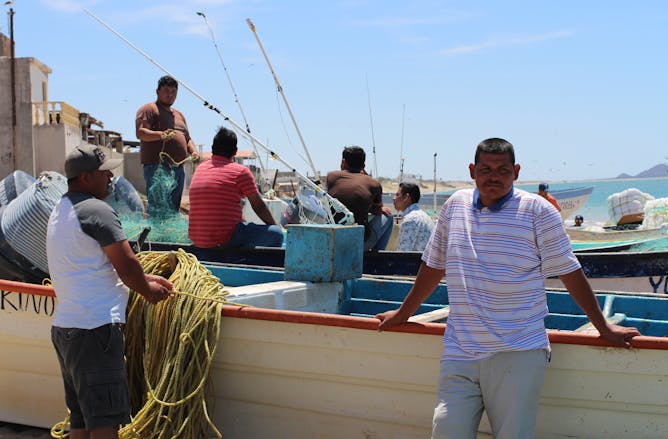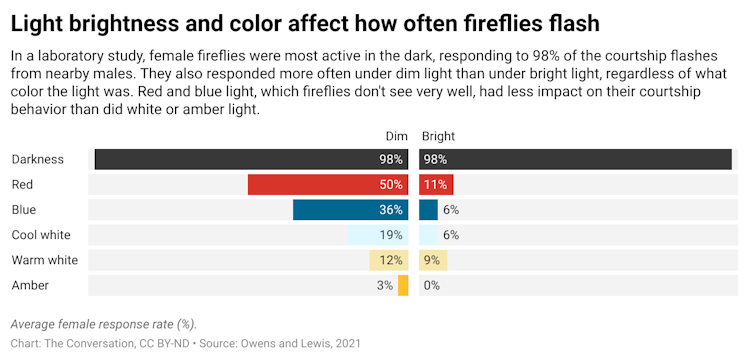|
|
|
|
For someone who is not yet immunized against COVID-19, whether vaccinated people can spread the virus is a critical question. I had this concern recently when I went for burgers and beers with some basketball buddies. Was it possible the person next to me, who had been vaccinated, could pass on the coronavirus? Since I wasn’t fully vaccinated, what was the risk?
The Conversation science editor Maggie Villiger enlisted Sanjay Mishra of Vanderbilt University, a regular contributor on our pandemic coverage, to investigate and explain the relevant issues in detail. In short, vaccination does appear to slow transmission substantially – a lower viral load seems to be one reason why – but the evidence is not yet ironclad.
It’s rare to hear optimistic news when it comes to computer security. But a research project to make software bugs unexploitable through clever hardware design provides a sign of hope and some insight into how security researchers can outpace cyberattackers. Two University of Michigan researchers describe their work in making a computer processor that constantly changes its underlying structure, or microarchitecture, to thwart hackers. Given that software bugs are inevitable, they write, researchers are focusing on hardware tricks to protect software.
In the world of ocean ecology and sustainable fisheries, marine protected areas, or MPAs, have become the dominant way to protect fisheries. A study published today, conducted by an ecologist and a social scientist, looked at how fishing communities around the Gulf of California in Mexico reacted to the creation of these marine reserves. The researchers’ work confirms the importance of community buy-in. They also found that “’good enough’ initial design – that is, not aiming for the maximum possible ecological benefits while still making sure the reserves result in perceptible improvements – seemed to work best.”
Here are some other science-related stories from the past week:
If there’s a subject you’d like our team of science editors to investigate, please reply to this email.
|
Martin La Monica
Director of Editorial Projects and Newsletters
|

|
|

Vaccinated people are well protected from getting sick, but could they inadvertently transmit the coronavirus?
Noam Galai/Getty Images Entertainment via Getty Images
Sanjay Mishra, Vanderbilt University
The COVID-19 vaccines are a smash success. But that doesn't mean they keep every vaccinated person completely free of the coronavirus.
|

The Morpheus secure processor works like a puzzle that keeps changing before hackers have a chance to solve it.
Alan de la Cruz via Unsplash
Todd Austin, University of Michigan; Lauren Biernacki, University of Michigan
Most computer security focuses on software, but computer processors are vulnerable to hackers, too. An experimental secure processor changes its underlying structure before hackers can figure it out.
|

Local support might be the most important factor for a successful marine protected area.
Anastasia Quintana
Anastasia Quintana, University of California Santa Barbara; Alfredo Giron Nava, Stanford University
In the design of marine protected areas, new research suggests that it might be better to start small in order to gain local trust and support that leads to larger long-term benefits.
|
Other good finds
|
-
Avalon C.S. Owens, Tufts University; Sara Lewis, Tufts University
Fireflies' summer evening light shows are a delight for humans, but for the insects they are a crucial mating ritual – and human-caused light pollution is a buzz kill.
-
Mojtaba Sadegh, Boise State University; John Abatzoglou, University of California, Merced; Mohammad Reza Alizadeh, McGill University
As the risk of fires rises in areas once considered too wet to burn, it creates hazards for mountain communities and for downstream water supplies.
-
Liv Grjebine, Harvard University
Politics always influences what questions scientists ask. Their intertwined relationship becomes a problem when politics dictates what answers science is allowed to find.
-
Ronald D. Fricker Jr., Virginia Tech
Record-keepers have a pretty good sense of how many people have died. But figuring out the cause of those deaths is a lot trickier – and that's why reasonable modelers can disagree.
-
Timiebi Aganaba, Arizona State University
Chances are small that space junk will destroy property or harm a person, and existing space law could deal with such an event. But current law doesn't address the bigger problem of space pollution.
-
Ronald C. Desrosiers, University of Miami
Scientists developed vaccines for COVID-19 in a matter of months. Why after 37 years do we still not have one for HIV/AIDS? On HIV Vaccine Awareness Day, it's an important question to ask.
-
Constance B. Bailey, University of Tennessee
As global oil consumption drops, oil companies are pivoting to petrochemicals, and could crowd out bio-based alternatives.

|
|
| |
| |
| |
| |
| |
| |
|
|
|
|
|
|
|